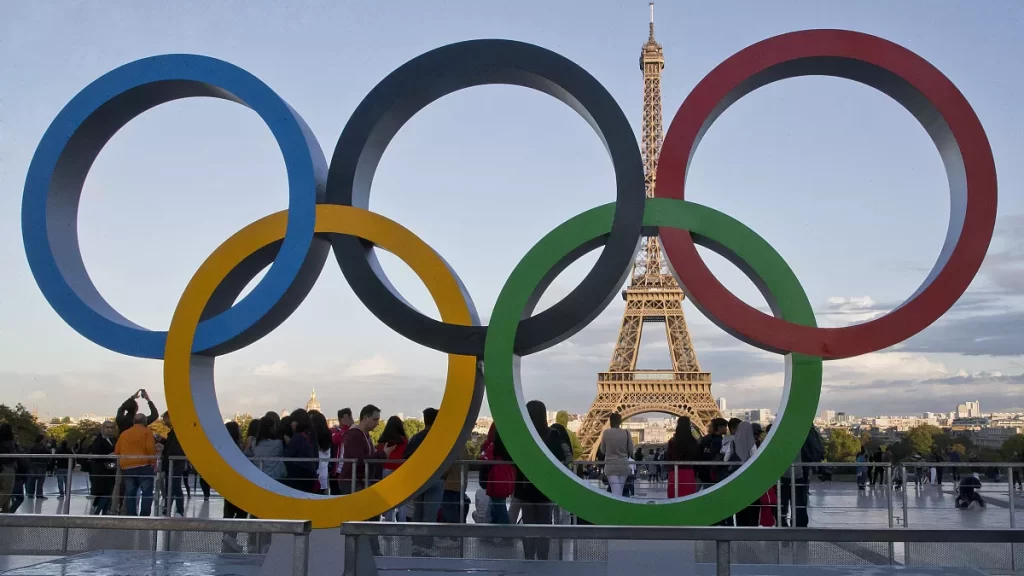The Paris 2024 Olympics present a unique set of economic opportunities and challenges for the host city. As Paris gears up for the Games, the city is poised to reap significant economic benefits, but it also faces several challenges that require careful planning and management.
One of the primary economic opportunities is the potential for increased tourism. The Olympics will attract millions of visitors to Paris, providing a substantial boost to the local hospitality and retail sectors. Hotels, restaurants, and attractions will see heightened demand, which will generate revenue and create temporary jobs. Additionally, the influx of tourists will have a ripple effect on other industries, including transportation and entertainment.
However, hosting the Olympics also comes with challenges. The cost of preparing for the Games, including building and upgrading sports facilities and infrastructure, can be substantial. There is a risk that the financial burden of these investments could outweigh the short-term economic benefits. Effective budgeting and financial management are crucial to ensure that the long-term benefits outweigh the initial costs.
Another challenge is the need to manage the expectations of various stakeholders, including local residents, businesses, and government officials. Balancing the needs and interests of these groups while preparing for and executing the Games requires careful coordination and transparent communication.
To mitigate these challenges, Paris is focusing on sustainable development and long-term planning. Investments in infrastructure and urban development are being designed to benefit the city well beyond the Olympics, with an emphasis on creating lasting improvements that enhance the quality of life for residents and visitors alike.
In summary, while the Paris 2024 Olympics offer significant economic opportunities, careful management and planning are essential to navigate the associated challenges and ensure that the Games have a positive and lasting impact on the host city.


